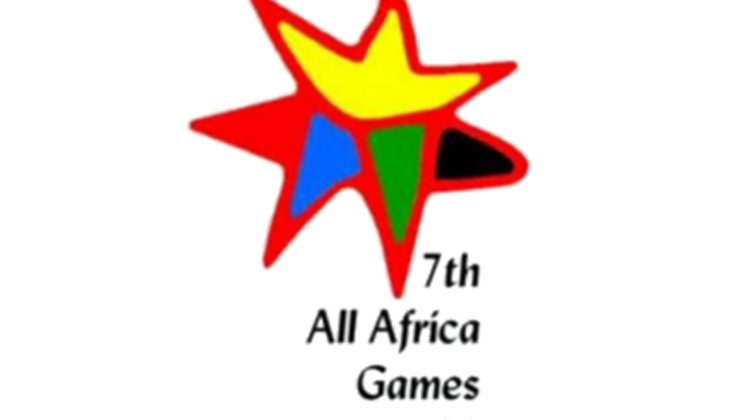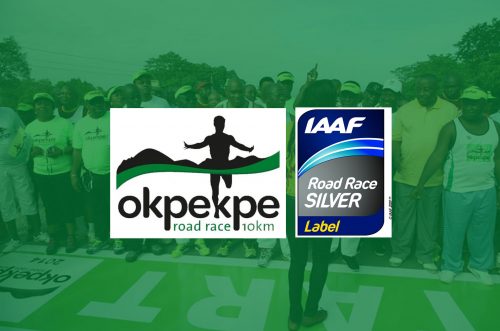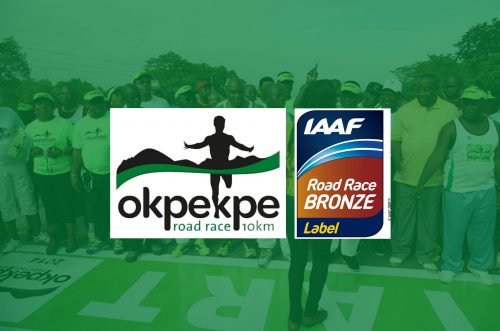
- Client :All African Games
- Category :Events, Pamodzi Sports Marketing
- Project Url :
- Date :10/09/1999
About Project
The 7th All-Africa Games were held from September 10, 1999, to September 19, 1999, in Greater Johannesburg, South Africa. 53 countries participated in eighteen sports. Netball was included as a demonstration sport.
The South Africans hosted about 25,000 visitors including 6,000 athletes and 3,000 officials from throughout the continent. The Opening Ceremonies, with dancing, African parables and Zulu warriors, was staged in an arena with less than 15 000 spectators.
South Africa, which had lost to Greece for a bid for the 2004 Olympic Games was hoping to impress FIFA in hopes of landing the 2006 World Cup. It eventually got the 2010 edition. Overall the games were a success, with hosts South Africa outdistancing Nigeria and Egypt in the medals race.
Typical problems at the games included 600 children contracting food poisoning after being fed boxed lunches at the practice session for the Opening Ceremonies, striking laborers demonstrating outside games venues, displaying placards which read “No Wages, No All Africa Games.” Women’s field hockey was demoted to a non-medal event after the Nigerian team dropped out of the tournament. A melee at the finish of the basketball game between Angola and Egypt forced police to escort the Egyptian team from the court. Haile Gebrselassie, the world record holder in the 5,000 and 10,000 meter runs opted out of the games for health reasons, depriving the games organizers of one of the biggest drawing cards of the games.
Despite the difficulties IOC President Juan Antonio Samaranch, praised South Africa’s organization of the Games, saying “this shows that you can organize big events.”
Olympic stars Maria de Lurdes Mutola (athletics-800 m), Penny Heyns (swimming), Gete Wami (athletics, 10000 m) all starred in the women’s events. South African pole vaulter Okkert Brits won his second African Games gold medal. Assefa Mezgebu of Ethiopia won the men’s 10000 m.
Cameroon beat Zambia 4-3 on penalty kicks to win the football finale.


